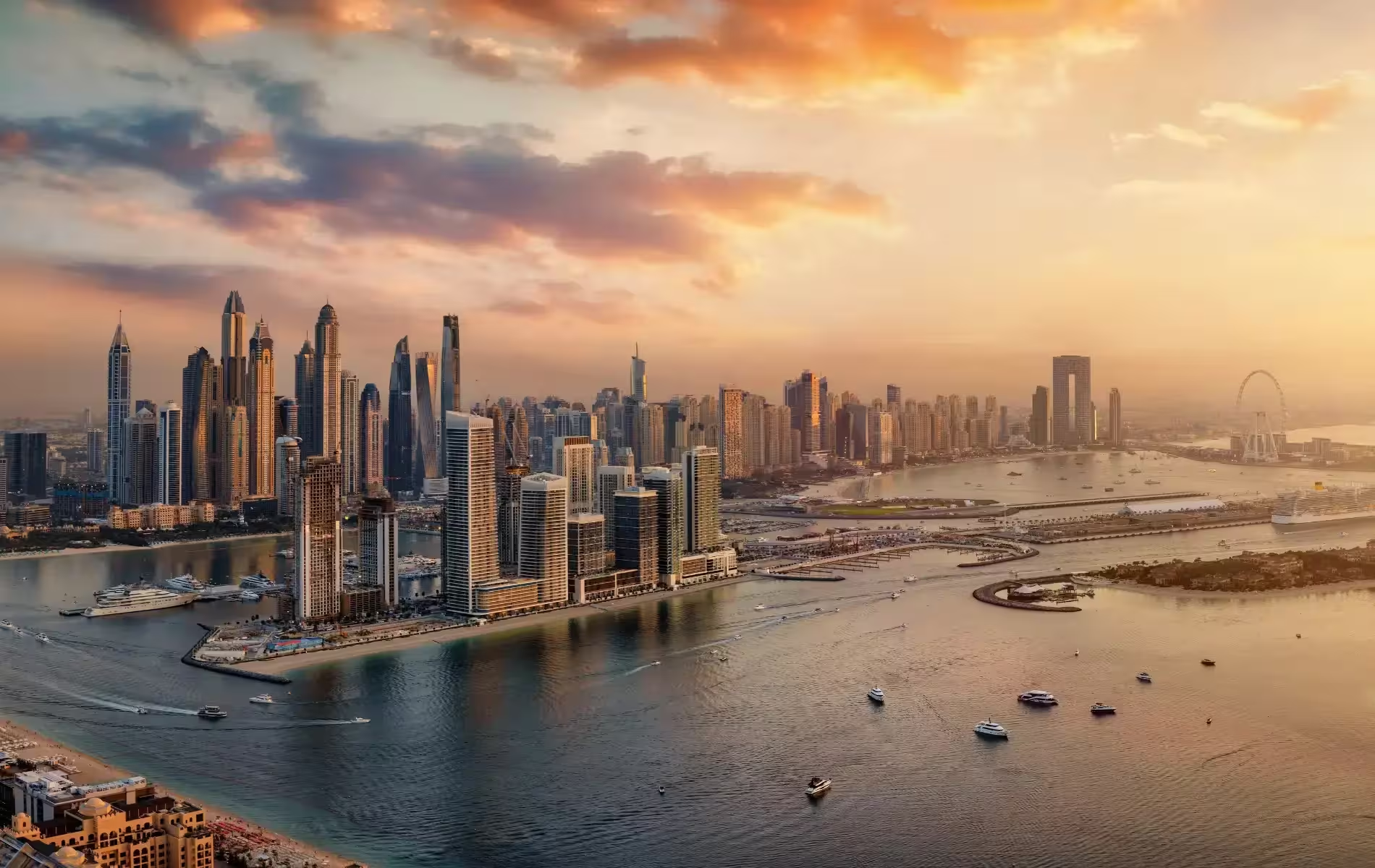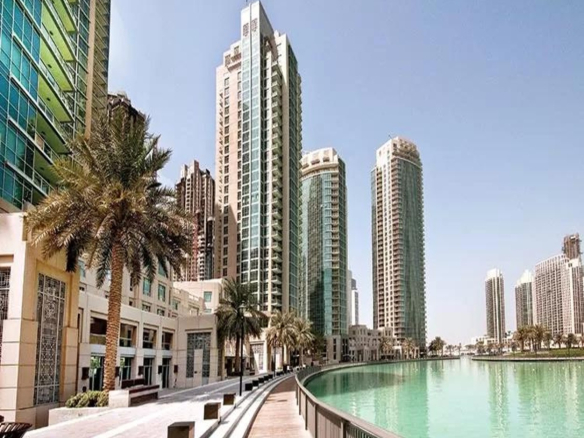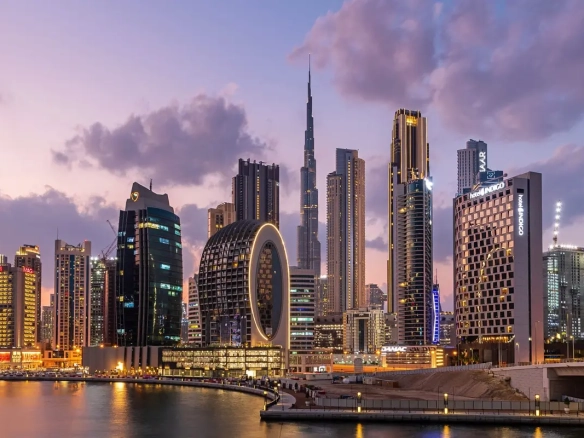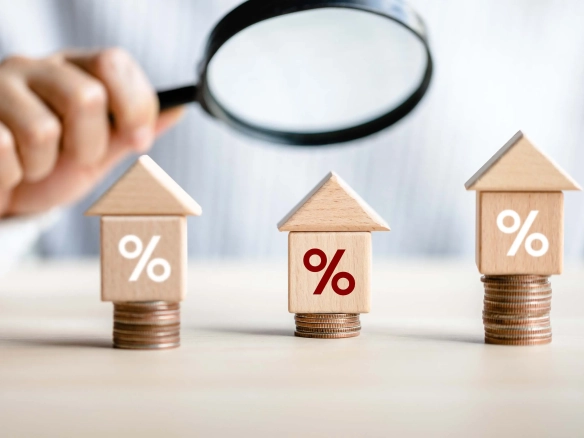Dubai’s real estate sector has broken records by achieving a staggering $117 billion in transaction volume in the first half of 2025 alone. Whether you’re a seasoned investor or exploring your first property purchase, this milestone signals powerful momentum and opportunity. Let’s unpack what’s driving this boom and how you can benefit.
What’s Behind the $117 Billion Boom?
- Historic growth in H1 2025: Dubai recorded over AED 431 billion (around $117 billion) in real estate deals from January to June. A 25% year-on-year surge
- Investor diversity: Transactions involved 125,538 deals executed by 94,700 investors including 59,000 first-timers, with local buyers constituting about 45%.
What’s Fueling the Surge?
| Driver | Description |
| Strategic government policies | Enhanced Golden Visa schemes, first-time homebuyer incentives, mortgage reforms, and flexible down payments have boosted investor confidence. |
| Global investor demand | Buyers from Europe, China, Russia, India, and GCC regions have actively fueled the growth. |
| Sustained price and rental growth | Home prices are soaring! 70% higher since 2019. Rentals remain strong (though decelerating slightly), notably apartments up nearly 9% year-on-year. |
| Massive supply pipeline underway | Dubai is adding ~73,000 new homes in 2025, as part of a broader goal of 300,000 units by 2028. |
Should Investors Be Cautious? What Lies Ahead
- Price correction possibility: Analysts at Fitch caution that a 10–15% correction may occur in late 2025 into 2026 due to oversupply, though they note that banks and developers are well-positioned to manage the impact.
- Historical context matters: Comparing today’s 50-month bull run to a similar stretch before the 2008 crash, experts urge measured optimism and due diligence.
Investor Takeaways: How to Position Yourself
1. Act now but with foresight. The rapid pace of deals reflects robust demand; early movers in booming zones like Dubai Marina, Downtown, and Palm Jumeirah continue to see outsized returns.
2. Balance yield vs. value. Choose between high-rental yield opportunities (e.g., apartments showing ~9% annual growth) or long-term hold/value play in premium neighborhoods.
3. Watch new supply trends. With tens of thousands of properties under development, assess project completion timelines, developer credibility, and market absorption rates.
4. Factor in macro safeguards. Backed by reforms, banking de-risking, and government master planning, Dubai’s real estate sector is fortified but market cycles still matter.
Conclusion: A Golden Window, Not a Guarantee
Dubai’s mid-2025 real estate performance is historic, underpinned by global confidence, policy strength, and urban momentum. But smart investing requires both timing and prudence. No matter your strategy rental income or capital appreciation the most successful investors will be those who stay informed, diversified, and strategic.





Join The Discussion